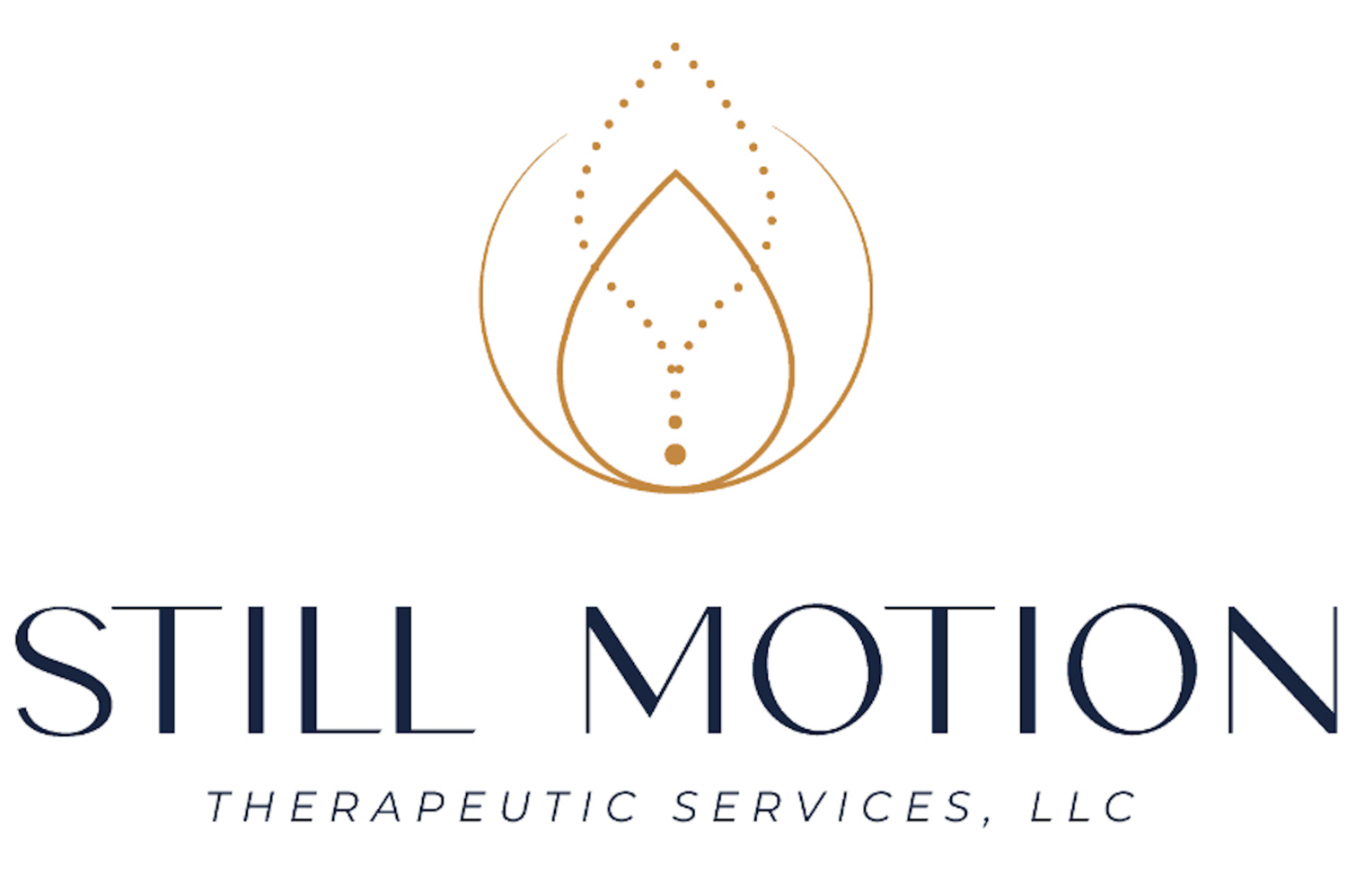Reiki for the Soul: Exploring Its Impact on Depression and PTSD
/In the search for healing from depression and PTSD, many people find themselves drawn not only to clinical treatment but also to holistic practices that address the mind, body, and spirit. One such practice is Reiki, a gentle energy healing technique that’s been quietly transforming lives for over a century.
Though often misunderstood or overlooked, Reiki is increasingly being recognized for its calming, restorative effects — especially for those coping with emotional trauma, anxiety, and the lingering shadows of depression or post-traumatic stress disorder (PTSD). In this blog, we’ll explore what Reiki is, how it works, and why it may offer a powerful complement to traditional mental health care.
What Is Reiki?
Reiki (pronounced ray-key) is a Japanese healing modality developed by Mikao Usui in the early 20th century. The word Reiki combines two Japanese words:
Rei meaning "universal life"
Ki meaning "energy"
Reiki practitioners use gentle, hands-on or hands-above techniques to channel this life-force energy into the body, aiming to balance energy centers (chakras), clear blockages, and promote relaxation and healing on physical, emotional, and spiritual levels.
Reiki and Depression: Soothing the Heavy Heart
Depression is more than sadness. It’s a pervasive numbness, a fatigue that seeps into the bones, a disconnection from the self. Reiki doesn’t claim to cure depression — but it can support the healing process in meaningful ways.
Here’s how Reiki may help with depression:
Deep Relaxation: Reiki induces a meditative, peaceful state that quiets the nervous system. This can lower cortisol levels, reduce anxiety, and improve sleep — all of which are often disrupted in depression.
Energetic Clearing: Many people describe depression as “feeling stuck.” Reiki practitioners believe that energy blockages in the body can reflect emotional pain. Reiki aims to gently release this stagnation, restoring flow and vitality.
Emotional Awareness: Reiki sessions can bring buried feelings to the surface in a safe, supported space. This emotional release can offer clarity, relief, and a sense of inner reconnection.
A Sense of Worthiness and Self-Love: Reiki works subtly, but many report feeling more cared for, more in tune with themselves, and more open to the idea of self-love — something depression often erodes.
Reiki and PTSD: Supporting Trauma Recovery
PTSD is the result of surviving extreme stress or trauma. It can manifest through flashbacks, nightmares, emotional numbness, hypervigilance, and feelings of helplessness. While therapy and trauma-informed care are crucial for healing PTSD, Reiki may offer a gentle adjunct — especially for those who struggle with verbal therapies or bodily tension.
Potential benefits of Reiki for those with PTSD:
Nervous System Regulation: Reiki activates the parasympathetic nervous system (rest and digest), which helps calm the hyperarousal states common in PTSD. Many recipients describe feeling “safe in their body” for the first time in a long time.
Non-Invasive Touch: Reiki is gentle and trauma-informed. It doesn’t require the client to relive or speak about painful memories, making it less triggering than some traditional modalities.
Grounding and Presence: PTSD often fragments a person’s sense of self and time. Reiki encourages grounding — a return to the body, the breath, and the moment — helping build resilience and emotional stability.
Restoration of Trust: For survivors of trauma, trust can be difficult. A safe, respectful Reiki session can help rebuild trust — not just in others, but in the body and in life itself.
What to Expect in a Reiki Session
A Reiki session typically takes place in a quiet room with the client fully clothed, lying on a massage table. The practitioner will lightly place their hands on or above different parts of the body, channeling energy to where it’s most needed.
Most people report sensations like warmth, tingling, emotional release, or deep calm. Others simply feel more centered and clear afterward. Each session is unique, and healing can unfold over time.
Reiki as Complement, Not Cure
It’s important to understand that Reiki is not a replacement for medical or psychiatric treatment. However, as part of a holistic mental health strategy, it can be a powerful companion to therapy, medication, and lifestyle changes.
Reiki meets you where you are — gently, quietly, and without judgment. It doesn’t require words, effort, or belief. Just openness.
Final Thoughts: Healing Through Stillness
When facing depression or PTSD, the road to recovery can feel long and lonely. Reiki offers a kind of healing that isn’t loud or demanding. It’s soft. It’s intuitive. It helps you remember your wholeness, even in moments of brokenness.
For those who have tried everything and still feel the weight of emotional pain, Reiki may offer a different kind of relief — one that begins not with action, but with stillness.
And in that stillness, healing begins.
Note: Reiki can be a meaningful part of your care, but it works best when integrated with clinical support. You are not alone, and healing is possible.

